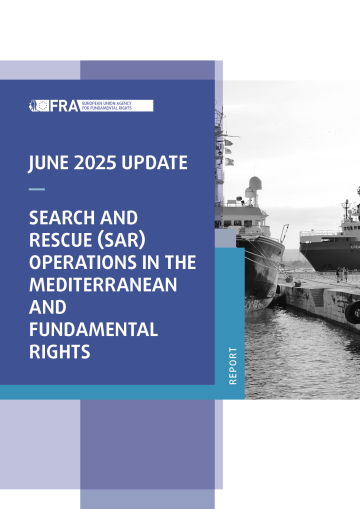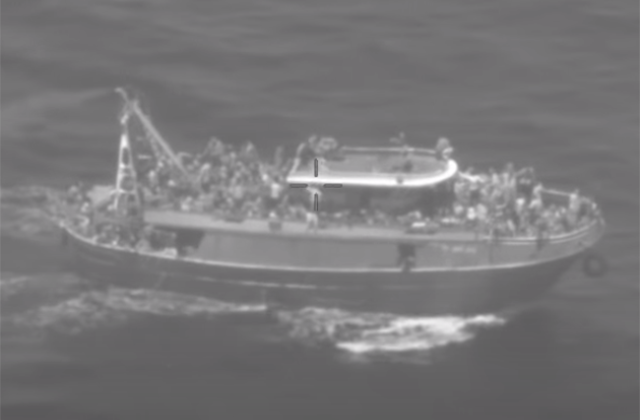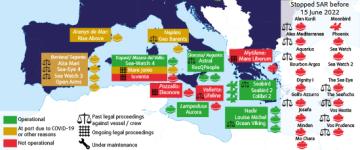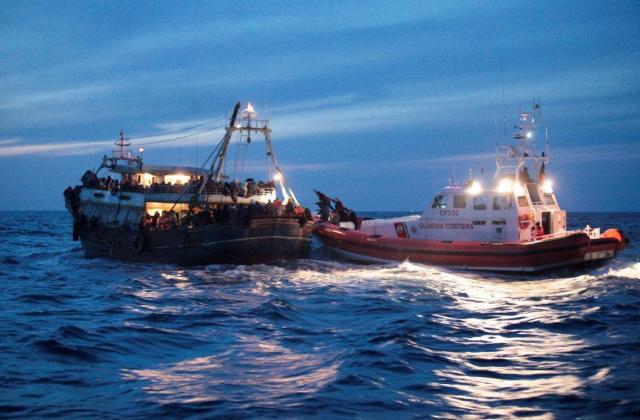Introduction
The International Organization for Migration has estimated that from 2014 to the end of May 2025, over 32 000 people died or went missing while attempting to cross the Mediterranean Sea to reach Europe. These individuals sought to escape war or persecution or to pursue a better life.
In 2023, the European Union Agency for Fundamental Rights (FRA) identified six areas for action to tackle the increasing death toll at sea, after an unseaworthy and overcrowded fishing boat capsized some 50 miles off the coast of the Peloponnese, resulting in over 600 casualties. These range from effective investigations of all shipwreck accidents to better protection for shipwreck survivors, more legal pathways to the European Union (EU) and improved search and rescue (SAR) at sea. See the FRA report, Preventing and responding to deaths at sea – What the European Union can do, published in July 2023 for more information.
SAR capabilities at sea remain inadequate, as most recently reported in FRA’s Fundamental Rights Report 2025. In the central Mediterranean, by engaging in SAR operations at sea, civil-society organisations play a key role in saving lives. These organisations do not deploy assets in other parts of the Mediterranean. In Greece, following a law adopted in 2021, civil-society organisations providing services in maritime areas of responsibility of the Hellenic Coast Guard may only act after the coast guard’s prior authorisation. Otherwise, they risk penalties, including fines and imprisonment.
Since 2018, some national authorities have begun administrative and criminal proceedings against crew members or vessels involved in SAR operations at sea – see FRA’s 2018 note, Fundamental rights considerations – NGO ships involved in search and rescue in the Mediterranean and criminal investigations. Since then, yearly FRA updates provide an overview of criminal investigations and other legal proceedings initiated by EU Member States against civil-society organisations deploying SAR vessels and aircraft in the Mediterranean and/or against individual crew members (regular updates are available at Search and rescue| European Union Agency for Fundamental Rights).
This update reports on the situation as of 1 June 2025. It aims to contribute to discussions, in various EU settings, on how to tackle two unresolved fundamental rights issues.
- Protecting civil-society organisations who engage in humanitarian work at sea – and at borders more generally – from punishment for facilitating irregular entry. The ongoing revision of the Facilitation Directive 2002/90/EC, together with the recent Grand Chamber ruling of the Court of Justice of the European Union (CJEU) in the Kinsa case (C-460/23), constitute an opportunity to find ways to exclude humanitarian assistance from being punished .
- Increasing SAR capacities at sea, to reduce the number of dead and missing people and to avoid disembarkations of rescued people in locations where they can be subject to torture, inhuman or degrading treatment.








